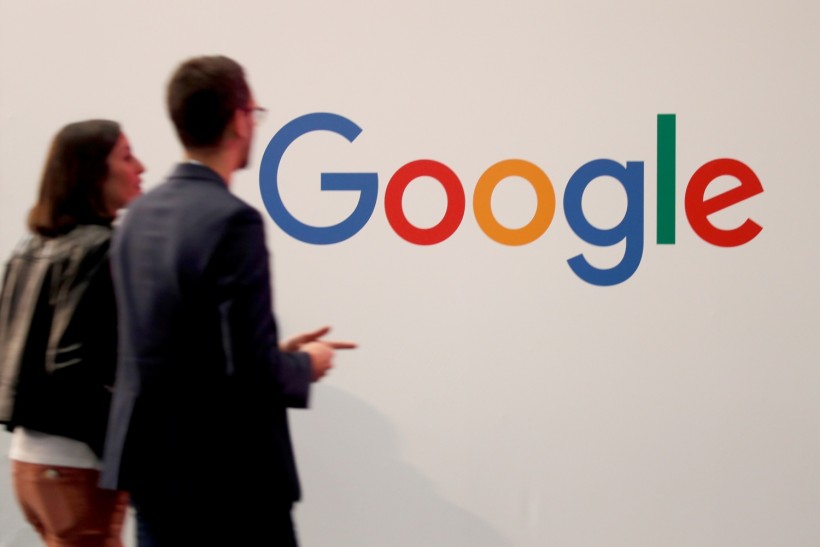Google has been blockading about 18 million rip-off emails associated with coronavirus per day, the tech giant said in a weblog post.

FILE PHOTO: Visitors pass by the logo of Google at the high profile startups and high tech leaders gathering, Viva Tech,in Paris, France May 16, 2019.
The tech giant, which is working in partnership with Apple to make contract-tracing apps, claims it blocks at least 100 million phishing emails a day. Over the last week, almost one-fifth of those were scams associated with COVID-19.
ALSO READ: COVID-19: Coronavirus Contract Tracing Apps Raise Concerns on Effectiveness, Legality Worldwide
The report follows more than one story on the growing cybersecurity threats posed by the pandemic. The FBI has seen a spike in company email schemes focused on the procurement of private protective equipment against COVID-19 and an increase in hijacking attempts of Zoom and different videoconferencing platforms.
COVID-19: Biggest phishing topic?
The coronavirus - which caused the public health crisis and an economic disaster rolled into one - might also now be the biggest phishing topic ever, Silicon Valley says.
Security researcher Scott Helme told BBC News phishing attacks always share a trait of causing the public to act quickly or think less about our actions at the moment.
"The coronavirus pandemic is a highly emotional topic right now, and cyber-criminals clearly know this," Helme explained. He added the crooks are hoping that the typical person might be more inclined to click through links or follow wrong instructions if they use this lure.
According to HealthSecurity.com, Google has been able to block more than 99.9 percent of spam, malware, and phishing attempts from reaching the email inbox through the machine learning models. However, hackers are preying on fear and financial incentives to entice users to respond.
"No matter the size of your business, IT teams are facing increased pressure to navigate the challenges of COVID-19," Google wrote.
The tech giant assured the users that security is at the top of the priority list. It explained that phishing is still among the most effective methods that attackers use to compromise accounts and gain access to company data and resources.
Google's Gmail service is used by 1.5 billion people worldwide. Some people are receiving emails that spoof established companies like the World Health Organization or other actual officials entities.
Screenshots of COVID-19 rip-off emails were published on Google's blog to steer users in downloading malicious software programs or donate to a faux cause.
ALSO READ: COVID-19 Warnings! Fake WHO and CDC Accounts Send Emails With Phishing Scams
Exploitation
Researchers have also determined malicious websites and smartphone applications based on authentic coronavirus resources.
One malicious Android app claims to help track the unfold of the virus. Instead, it infects the cellphone with ransomware and demands payment to restore the device.
Last week, the National Cyber Security Center and America Department of Homeland Security issued a joint advisory.
They said that they had seen "increasingly malicious cyber-actors" that were "exploiting the current COVID-19 pandemic for their own objectives."
Hackers are also targeting the remote surroundings, given the bulk of the country's staff is now working from home, alongside imitating government establishments to phish small businesses.
Microsoft recently noted that Trickbot is the most prolific malware operation leveraging COVID-19 lures.
The latest campaign was spotted in the wild by using hundreds of "unique macro-laced record attachments" in messages providing loose COVID-19 tests.
A JAMA research showed phishing education can drastically reduce the threat to the healthcare environment. At the same time, several security researchers have furnished actionable steps and vital equipment for securing the remote environment and telehealth platforms at some stage in the COVID-19 pandemic.
Most recently, the American Medical Association and the American Hospital Association released joint telework privacy and safety guidance for hospitals and providers.









